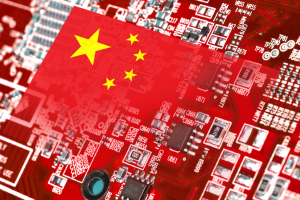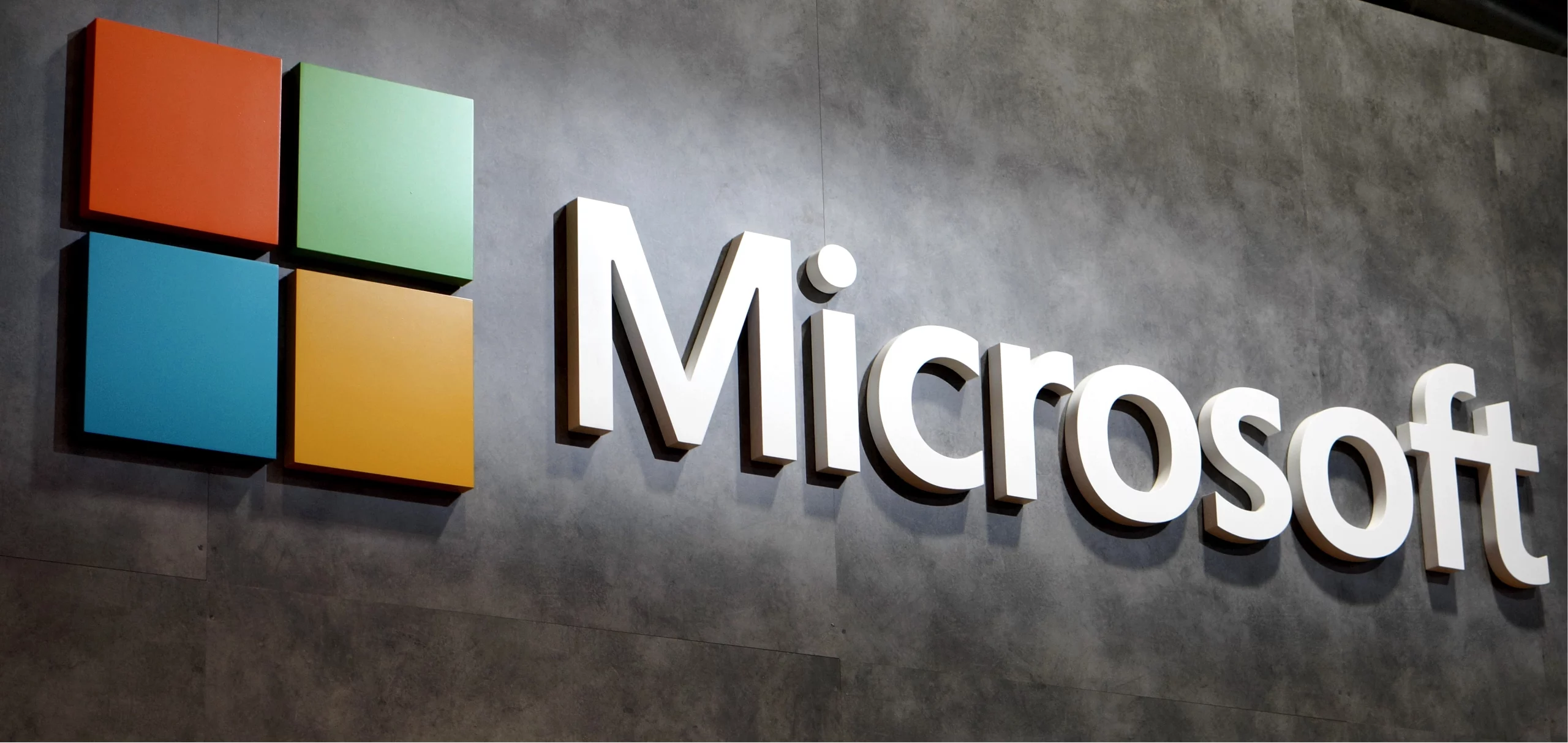Microsoft and China: A Dangerous Alliance for Artificial Intelligence
Introduction
Hello, I’m Fred Wilson, a blog writer who is passionate about the ethical, social, and legal implications of artificial intelligence (AI). In this article, I will explore how Microsoft, one of the world’s leading technology companies, has been working with China, a country notorious for its authoritarian regime and human rights violations, on various AI projects that could have far-reaching consequences for the future of humanity.
Why is AI important?
AI is the ability of machines to perform tasks that normally require human intelligence, such as reasoning, learning, decision making, and creativity. AI has the potential to transform every aspect of our lives, from health care and education to entertainment and security. AI can also help us solve some of the most pressing global challenges, such as climate change, poverty, and pandemics.
However, AI also poses significant risks and challenges, especially when it is used for malicious or unethical purposes. AI can be used to manipulate information, spread misinformation, surveil people, censor speech, and wage cyberwarfare. AI can also create social and economic inequalities, displace workers, and undermine human dignity and autonomy. AI can even threaten the very existence of humanity, if it becomes more intelligent and powerful than humans and decides to harm or eliminate us.
Therefore, it is crucial that we develop and use AI in a responsible and ethical manner, respecting human rights and democratic values. We need to ensure that AI is aligned with our goals and values, that it is transparent and accountable, and that it is beneficial and fair for all.
How is Microsoft involved with China on AI?
Microsoft is one of the world’s leading technology companies, with a market value of over $2 trillion. Microsoft is also one of the pioneers and innovators of AI, with a vision to empower every person and organization on the planet to achieve more with AI. Microsoft has invested billions of dollars in AI research and development, and has created various AI products and services, such as Azure, Cortana, Bing, and HoloLens.
However, Microsoft has also been involved with China, a country that has a very different vision and approach to AI. China is a one-party dictatorship that has been accused of numerous human rights violations, such as suppressing dissent, censoring the internet, detaining millions of Uyghurs in concentration camps, and cracking down on Hong Kong’s democracy movement. China is also an ambitious and aggressive global power that seeks to challenge and surpass the US and other democracies in economic, military, and technological domains.
China has made AI a national priority, with a goal to become the world leader in AI by 2030. China has invested heavily in AI research and development, and has created various AI applications and systems, such as facial recognition, social credit, and autonomous weapons. China has also been using AI to enhance its surveillance and censorship capabilities, and to influence and interfere with other countries’ politics and information.
Microsoft has been working with China on various AI projects, some of which could have serious implications for human rights and democracy around the world. For example:
- Microsoft worked with a Chinese military university on artificial intelligence research that could be used for surveillance and censorship. The research involved facial analysis, machine reading, and natural language processing, which are key technologies for identifying, tracking, and controlling people and information.
- Microsoft provided technology to several Chinese state-run propaganda outlets, such as China Daily and People’s Daily, for targeted reader engagement and an artificial intelligence robot. The technology could help these media outlets spread pro-China narratives and disinformation to domestic and international audiences.
- Microsoft collaborated with a Chinese company, iFlytek, on speech recognition and translation technology. iFlytek is a leading provider of voice and speech solutions in China, and has been involved in developing and deploying mass surveillance systems that monitor and analyze people’s voices and conversations.
- Microsoft partnered with a Chinese company, SenseTime, on computer vision and facial recognition technology. SenseTime is one of the world’s most valuable AI startups, and has been supplying facial recognition software to the Chinese government and police for security and surveillance purposes.

What are the risks and challenges of Microsoft’s partnership with China on AI?
Microsoft’s partnership with China on AI raises several risks and challenges, both for Microsoft itself and for the wider world. Some of these are:
- Microsoft could lose its reputation and credibility as a trusted and ethical technology company, and face backlash from its customers, employees, shareholders, and regulators. Microsoft could also face legal and regulatory challenges, such as sanctions, fines, or bans, from the US and other countries that oppose China’s human rights abuses and geopolitical ambitions.
- Microsoft could compromise its intellectual property and trade secrets, and lose its competitive edge and market share to China and its rivals. Microsoft could also enable China to gain access to sensitive data and information, and to exploit vulnerabilities and loopholes in Microsoft’s products and services.
- Microsoft could contribute to China’s development and deployment of AI for oppressive and aggressive purposes, and undermine human rights and democracy around the world. Microsoft could also facilitate China’s influence and interference in other countries’ politics and information, and threaten global peace and security.
How can Microsoft address these risks and challenges?
Microsoft has a responsibility and an opportunity to address these risks and challenges, and to ensure that its partnership with China on AI is aligned with its values and principles. Microsoft should:
- Review and revise its policies and practices on AI collaboration with China, and adopt clear and consistent standards and criteria for selecting and evaluating its partners and projects. Microsoft should also conduct regular and rigorous assessments and audits of the impact and outcomes of its AI collaboration with China, and disclose and report them to the relevant stakeholders and authorities.
- Strengthen and safeguard its intellectual property and data protection, and implement robust and resilient security and privacy measures for its products and services. Microsoft should also monitor and mitigate any potential threats and risks from China and its actors, and report and respond to any incidents or breaches.
- Promote and support the development and use of AI for good, and advocate for the respect and protection of human rights and democratic values in AI. Microsoft should also engage and cooperate with other technology companies, civil society organizations, academic institutions, and governments, to create and uphold ethical and legal norms and standards for AI.
Conclusion
AI is a powerful and transformative technology that can bring great benefits and challenges to humanity. Microsoft is one of the world’s leading technology companies and AI innovators, and has a vision to empower every person and organization on the planet to achieve more with AI. However, Microsoft has also been working with China, a country that has a very different vision and approach to AI, and that poses serious threats to human rights and democracy around the world.
Microsoft’s partnership with China on AI raises several risks and challenges, both for Microsoft itself and for the wider world. Microsoft has a responsibility and an opportunity to address these risks and challenges, and to ensure that its partnership with China on AI is aligned with its values and principles. Microsoft should review and revise its policies and practices on AI collaboration with China, strengthen and safeguard its intellectual property and data protection, and promote and support the development and use of AI for good.
I hope you enjoyed reading this article and learned something new and useful. If you have any questions, comments, or feedback, please feel free to share them with me. Thank you for your time and attention.





